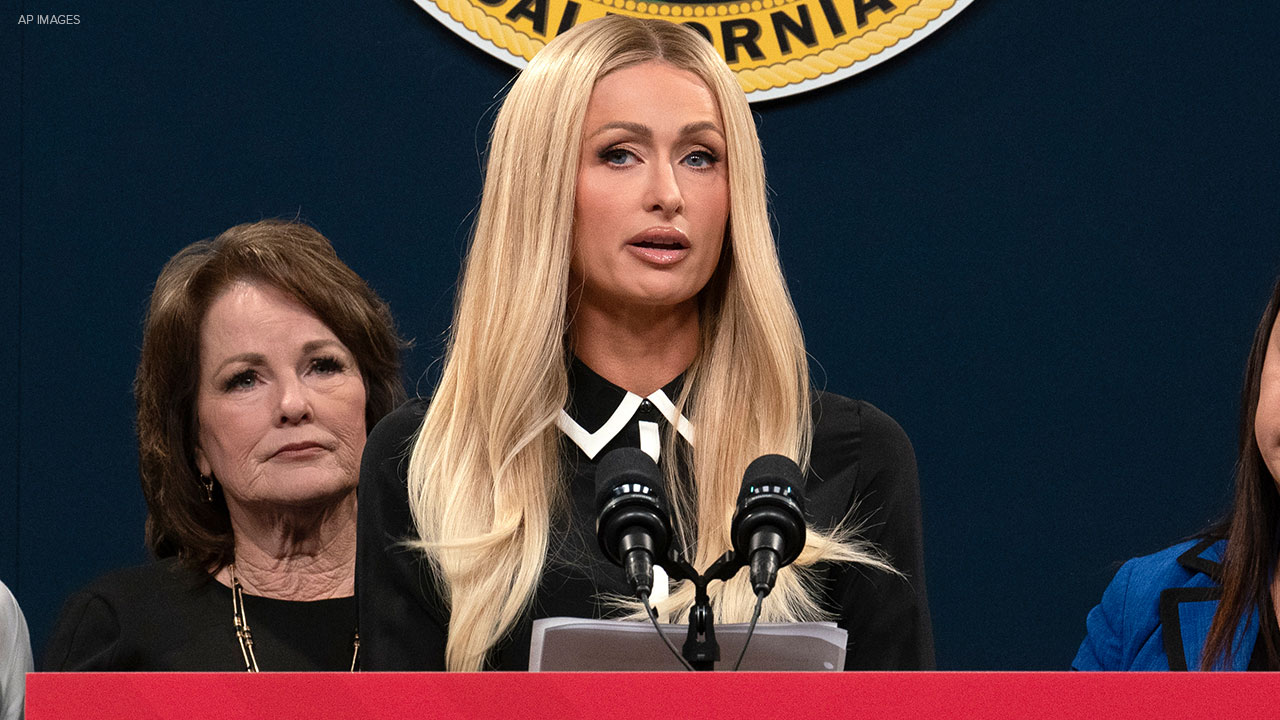Healthy Kids Healthy Futures: Mental wellness among children, young adults getting worse
Data by the CDC shows the amount of children and teens with a diagnosable mental condition got worse throughout the pandemic.

FRESNO, Calif. (KFSN) -- The COVID-19 pandemic negatively impacted the mental health of Central California children and young adults, according to local health experts.
However, in a post-pandemic world, they said children and young adults are still struggling.
Students from Kindergarten to college level were pulled out of school to prevent the virus from spreading. It kept them isolated from friends and family.
"Their parents had to stay working -- or because their parents were essential workers, they were left in roles that their parents would normally fill. They were often taking care of their younger siblings," explained Dr. Carmela Sosa.
The Valley Children's pediatrician described the pandemic as "emotionally traumatic" for many children.
Due to an ongoing shortage of mental health providers, she said there wasn't an adequate workforce to support them.
Dr. Sosa added that the unresolved trauma is putting kids at an increased risk for mental health diagnoses.
Valley Children's has conducted more than 26,000 mental health screenings on patients 12 years or older.
Data by the Centers for Disease Control and Prevention shows the number of children and teens with a diagnosable mental condition -- including anxiety, depression or ADHD -- got worse throughout the pandemic.
"Three out of every 10 boys is experiencing persistent sadness or feelings of hopelessness, and it's worse for girls," explained Sosa. "Three out of every five girls and adolescent females are reporting feelings of persistent sadness or hopelessness."
Meanwhile, the mental health of college students is also getting worse.
A therapist and counselor at Fresno State said students are feeling unwell but are confused as to what's going on.
"People that did not have anxiety before COVID now have anxiety. The people that did have anxiety, now it just has increased," said Myrna Pacheco. "We are seeing an increase in anxiety and we're also seeing a huge increase in body image and self-image."
Pacheco describes anxiety as the intense, persistent worry or fear about everyday situations -- which can also lead to depression.
"If you have anxiety with intrusive thoughts and constant worry, you're going to feel sad, hopeless and depressed," she explained. "If you're depressed, you're probably going to have anxiety because you're also going to worry about 'I'm not hanging out with my friends. I'm not going to class today, because I don't feel good. What are people going to think?' So they kind of go hand in hand."
According to health experts, the most common signs of depression or anxiety include:
- withdrawing from family, friends or social events
- sleeping too much or too little
- a decrease in energy
- a change in appetite
However, anxiety and depression can cause physical symptoms too.
"They may have stomach aches," Dr. Sosa said. "They may have headaches."
If you notice any of these symptoms, Dr. Sosa said it's important for parents to acknowledge with their child what they're seeing.
"'Hey, I noticed that you seem a little bit more angry,' or 'I noticed you seem a little bit more sad. Can you tell me a little bit about what's going on?'" she said. "And do it without judgments."
For young adults away at college, Pacheco said it's important for friends to look out for one another.
She suggests saying: "Hey, I can walk you over to the health center. I'll go with you. Let's go see a counselor."
Pacheco also encourages parents to call the Student Health and Counseling Center, if they're worried about their child.
"We won't even say the parent called us," she explained. "We'll reach out, and we'll check in with them and ask them to come in and meet with us."
According to health experts, it's important mental wellness is maintained among children, teens and young adults.
The disorders don't go away, and it could become a disruption to their daily lives as adults.
For news updates, follow Amanda Aguilar on Facebook, Twitter and Instagram.









